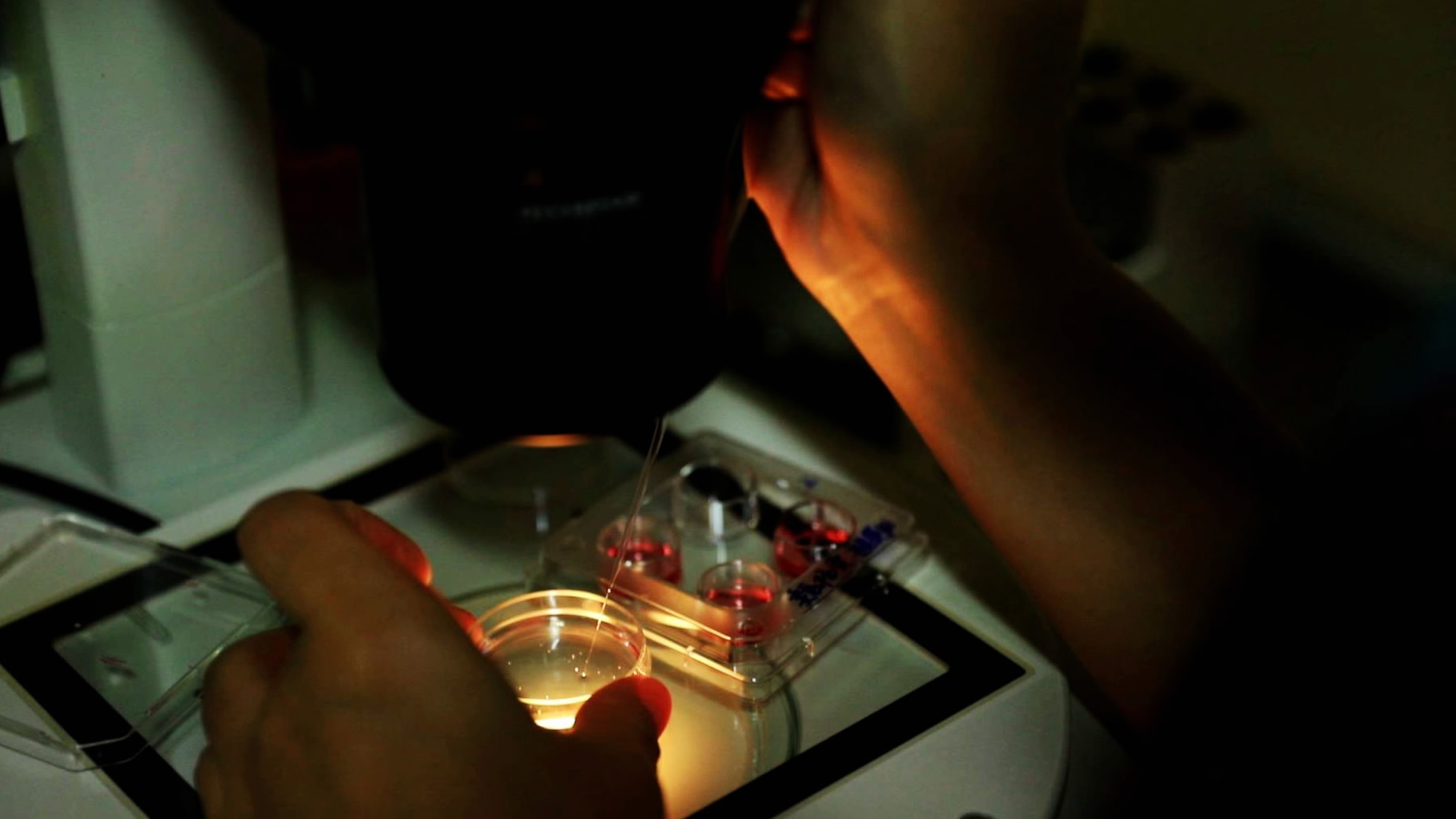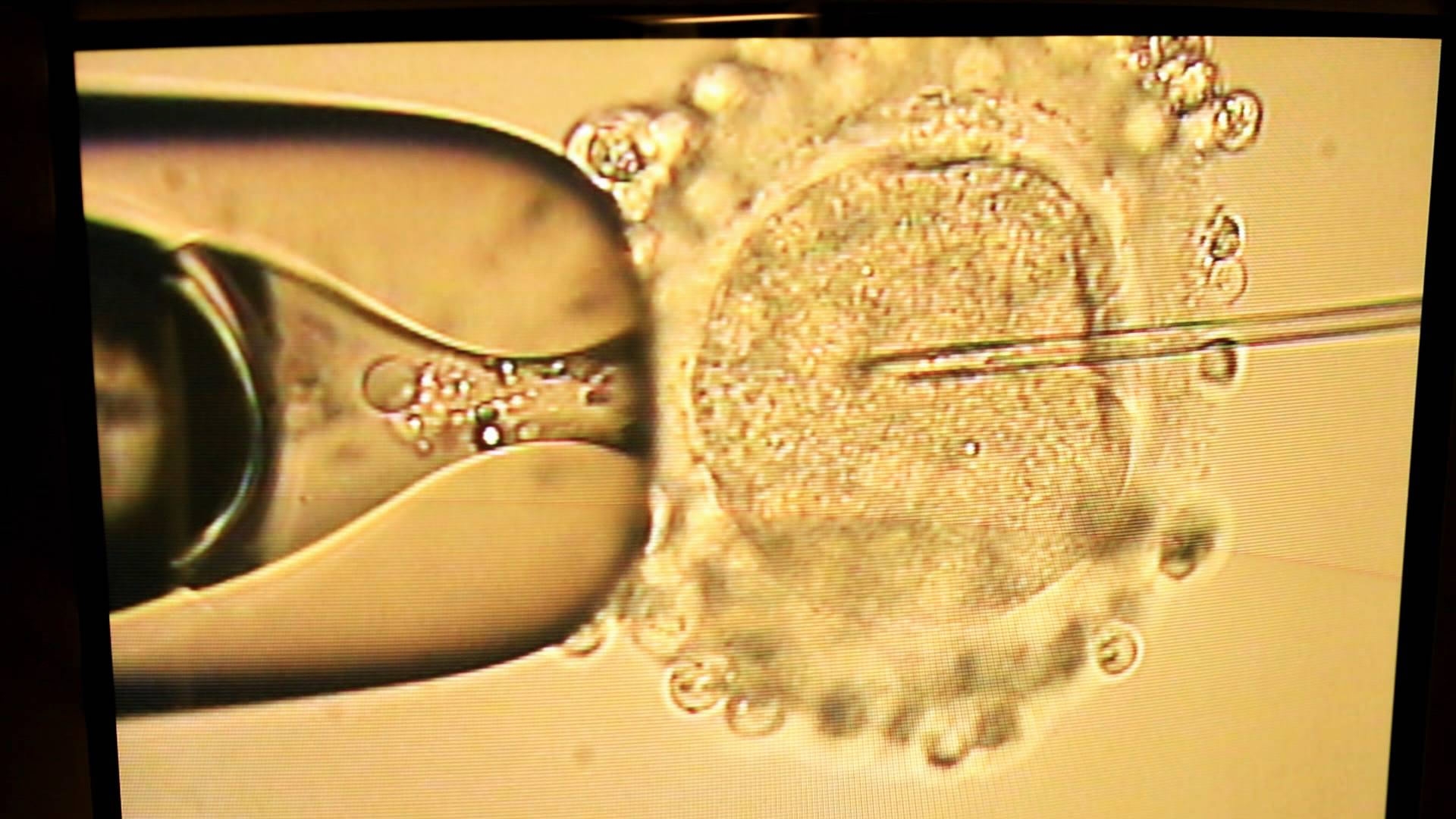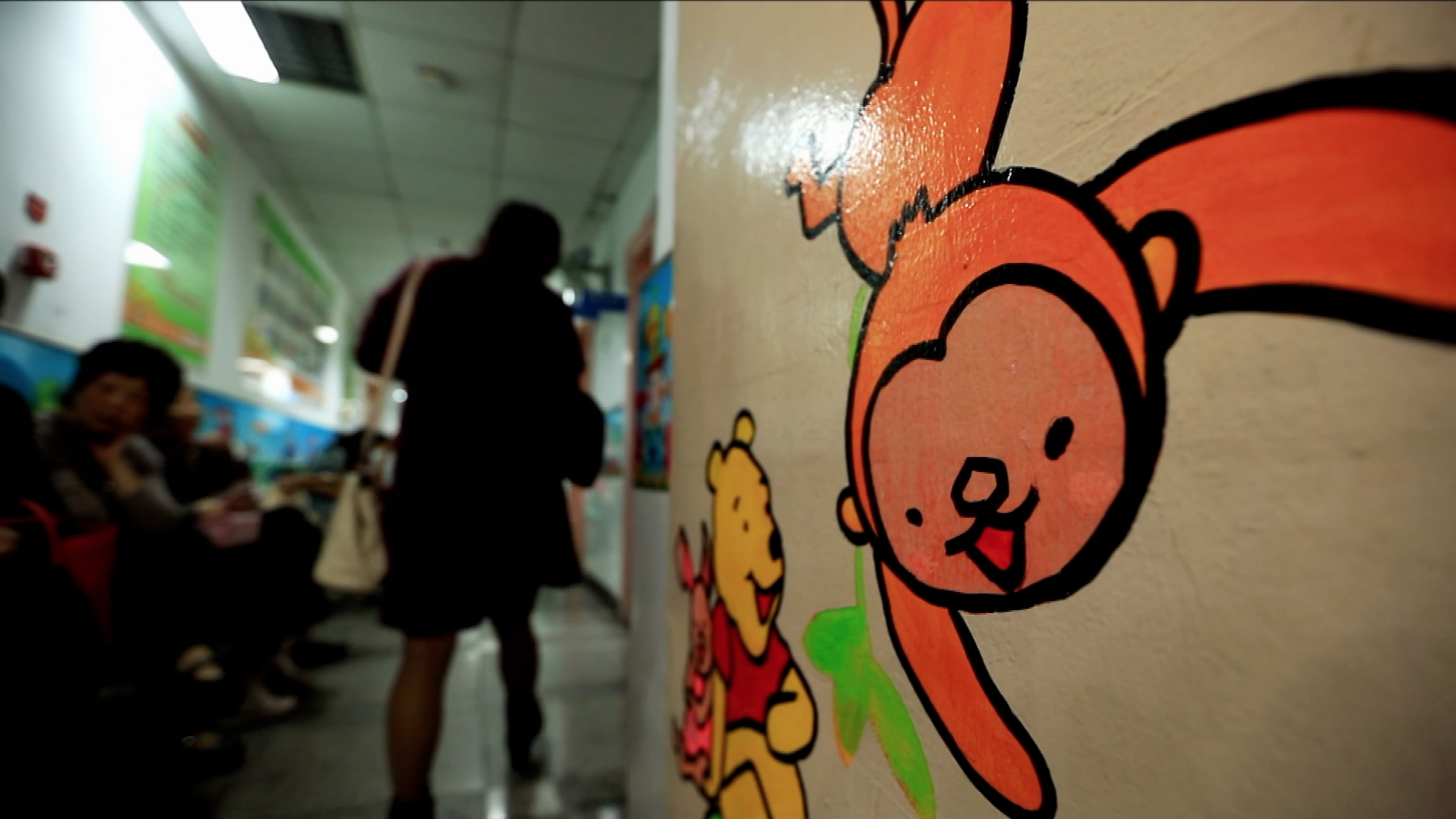
China
16:19, 17-Nov-2017
Is IVF the solution to infertility in China?
CGTN

By Joey Catanzaro and Cao Xi
China is about to become the world’s biggest IVF market, according to industry insiders.
But some believe it already is.
Infertility is defined when a couple is unable to have a baby naturally after a year of trying. IVF is a possible solution to this problem and sees harvested eggs and sperm combined in a lab and the fertilized egg transplanted into the uterus to grow.
There are tens of millions of people potentially facing fertility problems in China.

A doctor experiments with IVF technology. /CGTN Photo
A doctor experiments with IVF technology. /CGTN Photo
It’s a common story everywhere but there is one factor unique to China. The recent end of the nation’s one child policy means 90 million couples are now eligible to have a second child, but roughly 60 percent of them are 35 or older, an age when statistically the chances of falling pregnant naturally decline dramatically.
While IVF may be a solution it is also an emotional and financially draining process, with a typical cycle of IVF treatment costing around 6,000 US dollars.
China has produced an estimated 300,000 babies through assisted reproductive technology.
On average, about 30 percent of IVF treatments in China successfully result in a baby being born, compared with about 50 percent in the US.
But statistical comparisons are difficult, because success rates vary according to the age of a would-be mother, and national demographics differ.

But opinions about using IVF to conceive remain mixed.
“To have at least one child is really important,” said one Chinese woman.
“Yes, it’s a different approach but it’s still your own kid,” said another.
While one said, “No, I’m not a big fan of it.”
While the nation’s IVF centers are also increasingly a place where hope - and babies - are being born, demand for treatment is likely to keep rising. With so many biological clocks ticking, for China the race is on.
Rediscovering China is a 30-minute features program offering in-depth reports on the major issues facing China today. It airs Sunday at 10.30 a.m. BJT (0230GMT), with a rebroadcast at 11.30 p.m. (1530GMT), as well as Monday 8.30 a.m. (0030GMT) and Friday 1.30 p.m. (0530GMT).

SITEMAP
Copyright © 2018 CGTN. Beijing ICP prepared NO.16065310-3
Copyright © 2018 CGTN. Beijing ICP prepared NO.16065310-3